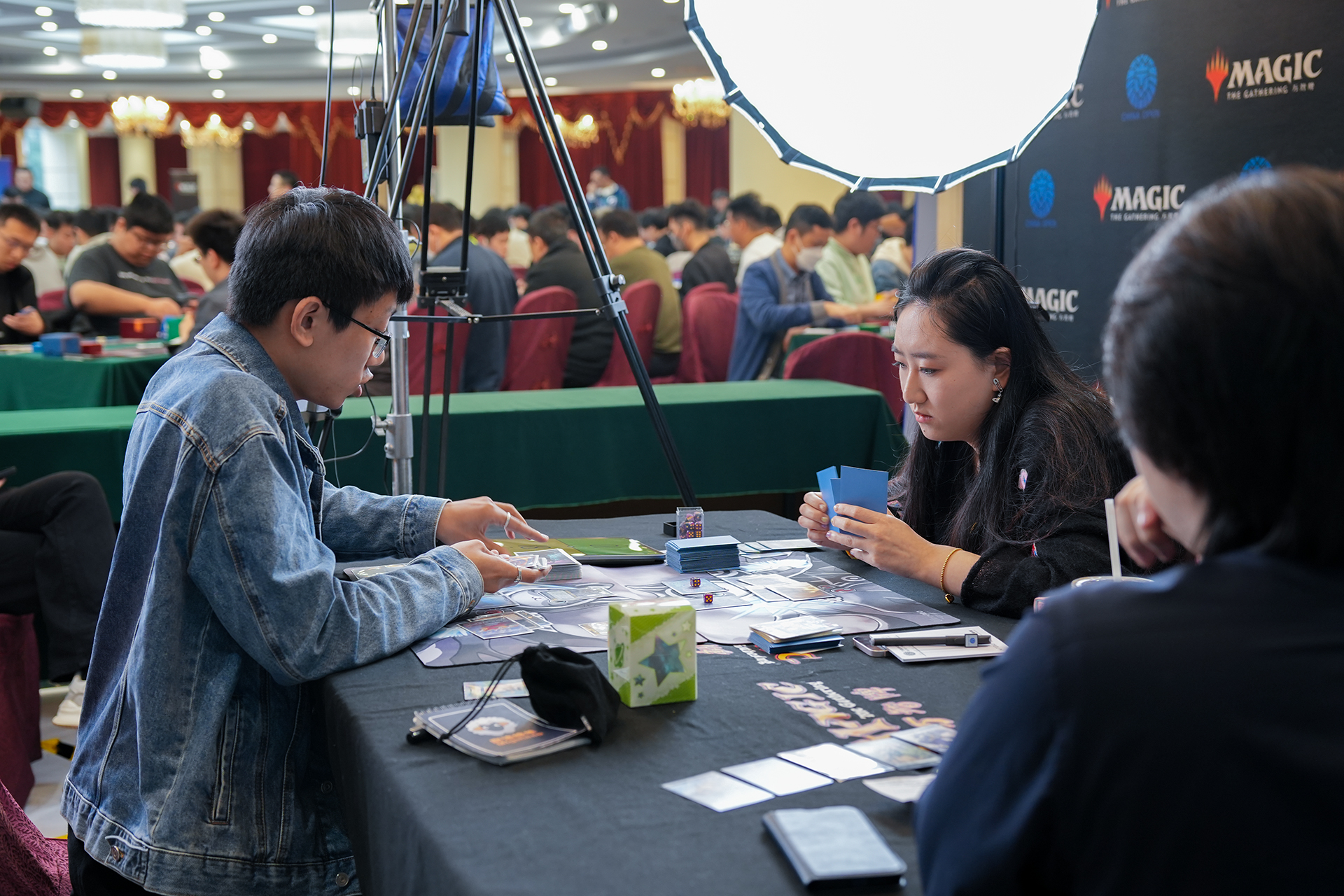On January 19, Beijing’s Chaoyang district reported a new Covid-19 case — a 44-year-old migrant construction worker surnamed Yue. Per China’s zero-Covid policy, Yue’s travel history was made public, presumably to alert people who had visited the same places as him.
But Yue’s travel history generated considerable attention online for another reason — it documented his demanding work schedule and late hours.
People are talking about contact tracing details of a Covid case in Beijing: this person works multiple jobs as trash worker and construction material delivery worker, often during late night. The invisible infrastructural work that keeps this city running is finally made visible pic.twitter.com/jd1XsIuP8k
— Yan Cong (@yancongphoto) January 19, 2022
For example, on January 13, Yue worked from 11:58 PM to 5:05 AM the following day. Similarly, on the 14th, he worked from 10:18 PM to 3:51 AM.
Moreover, the record showed that Yue had only taken a two-day break in 17 days, from January 1 to January 17, when he took the test that identified him as a Covid carrier. Downtime activities were also noticeably absent from Yue’s itinerary.
In an interview with the Chinese news magazine China Newsweek, Yue revealed that he was working hard to support his family, including his parents, wife, and his 12-year-old son.
What’s more heartbreaking is that Yue came to Beijing to look for his other son, who is missing.

“I don’t need any donations,” Yue wrote on his WeChat feed. “Finding my son is my biggest hope.” Screengrab via Weibo
Hailing from Henan, Yue used to work as a full-time fisherman in Weihai, the closest Chinese city to South Korea.
To look for his lost son while supporting his family, he had been doing temporary construction work in Beijing since the spring of 2021, earning 200 to 300 RMB per shift.
“I don’t think I live a pitiful life. I just work very hard. I don’t steal, and I don’t rob,” said Yue. “I make money with my labor to find my son, and that’s for my life and my family.”
The construction worker’s story soon went viral on Weibo, and the related hashtag has accumulated more than 120 million views.
Under the hashtag, netizens showed an outpouring of sympathy and support.
“Reading his travel history makes other workers cry,” one commented.
Some compared Yue’s travel history with others who previously contracted Covid-19 to highlight the problem of income inequality in China.
“Another person was shopping, skiing, and watching stand-up comedy while Yue was working at midnight,” a netizen wrote. “These are two different worlds, and we need to make more efforts to eliminate income inequality.”
Moreover, by having his story posted online, Yue has gained newfound attention among netizens who called on the government to help him find his son.
In early 2020, China was hit hard by Covid-19, and the country shocked the world when it built two hospitals in just over a week for patients in Wuhan.
Many have praised the Chinese government’s ability to mobilize and build infrastructure in such a timely manner, with some calling it “the Chinese speed.” Yet, Yue’s story highlights how often the contribution of construction workers in China’s rapid development is overlooked and under-compensated.
In a sad turn of events, at around 2 PM yesterday, a day after Yue’s touching story had circulated online, the Weihai Police Department announced that a body found dead in its Rongcheng county in August 2020 belonged to Yue’s missing son, based on DNA tests.
Read the complete translation of the China Newsweek story from Zichen Wang, who works for Xinhua News Agency.
Full translation of THE story by China Newsweek that gripped Chinese social media where numerous tears were shed on Thursday, Jan. 20.
“China’s most hardworking man based on contact tracing records” by @ZichenWanghere
Includes the thread by @yangliuxh https://t.co/oPDAkvByQl— Zichen Wang (@ZichenWanghere) January 20, 2022
Cover image via Unsplash



















